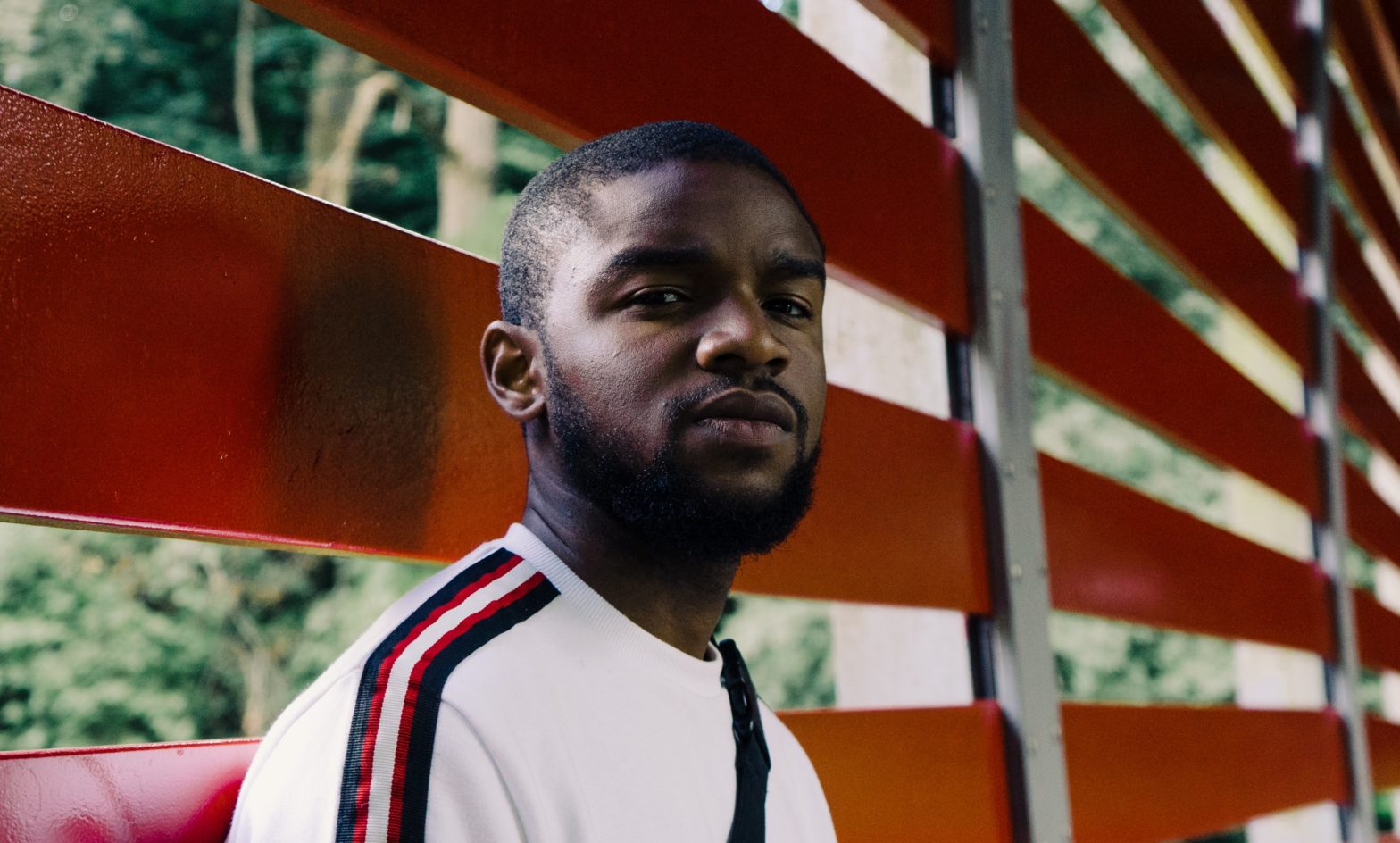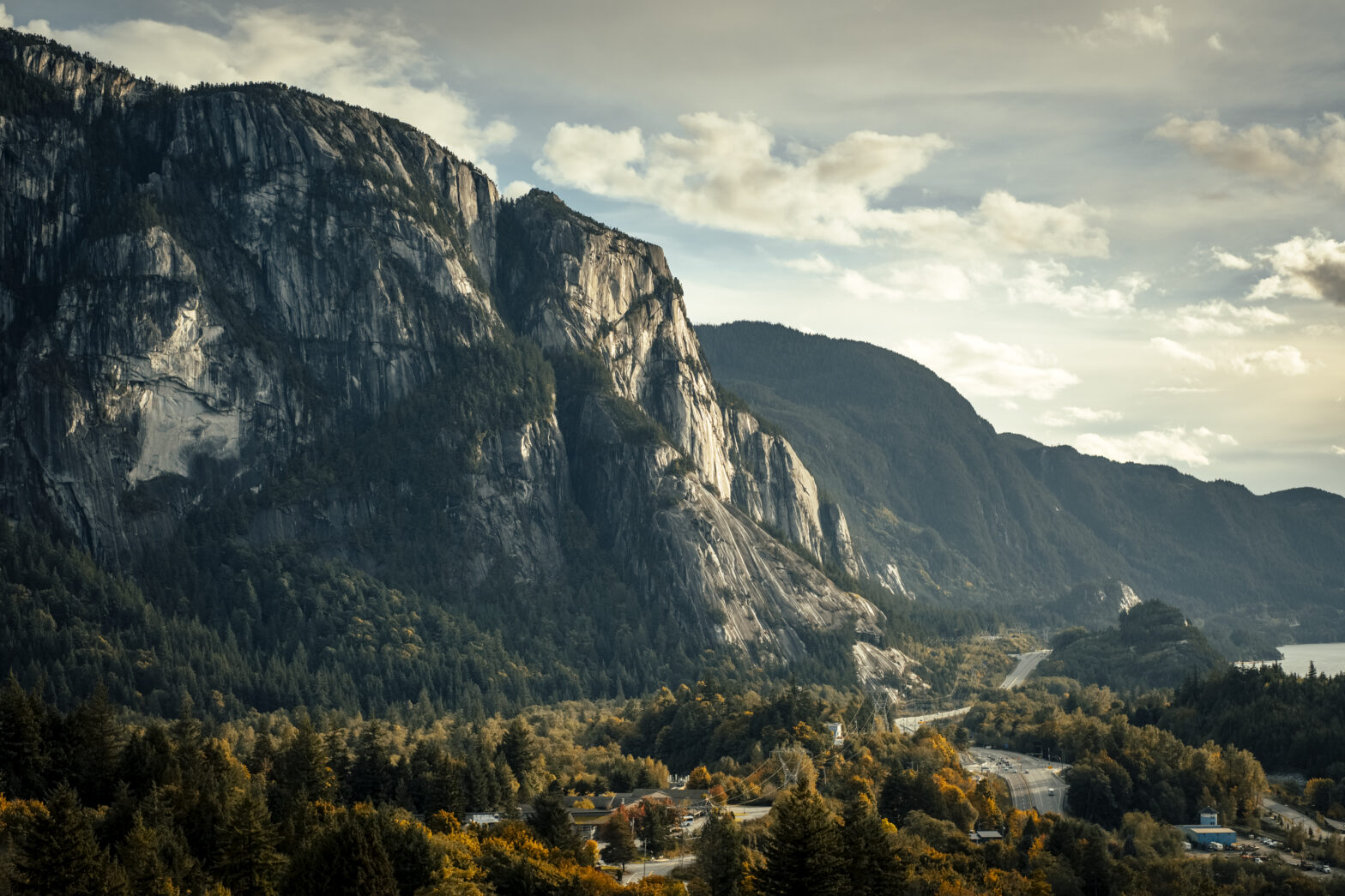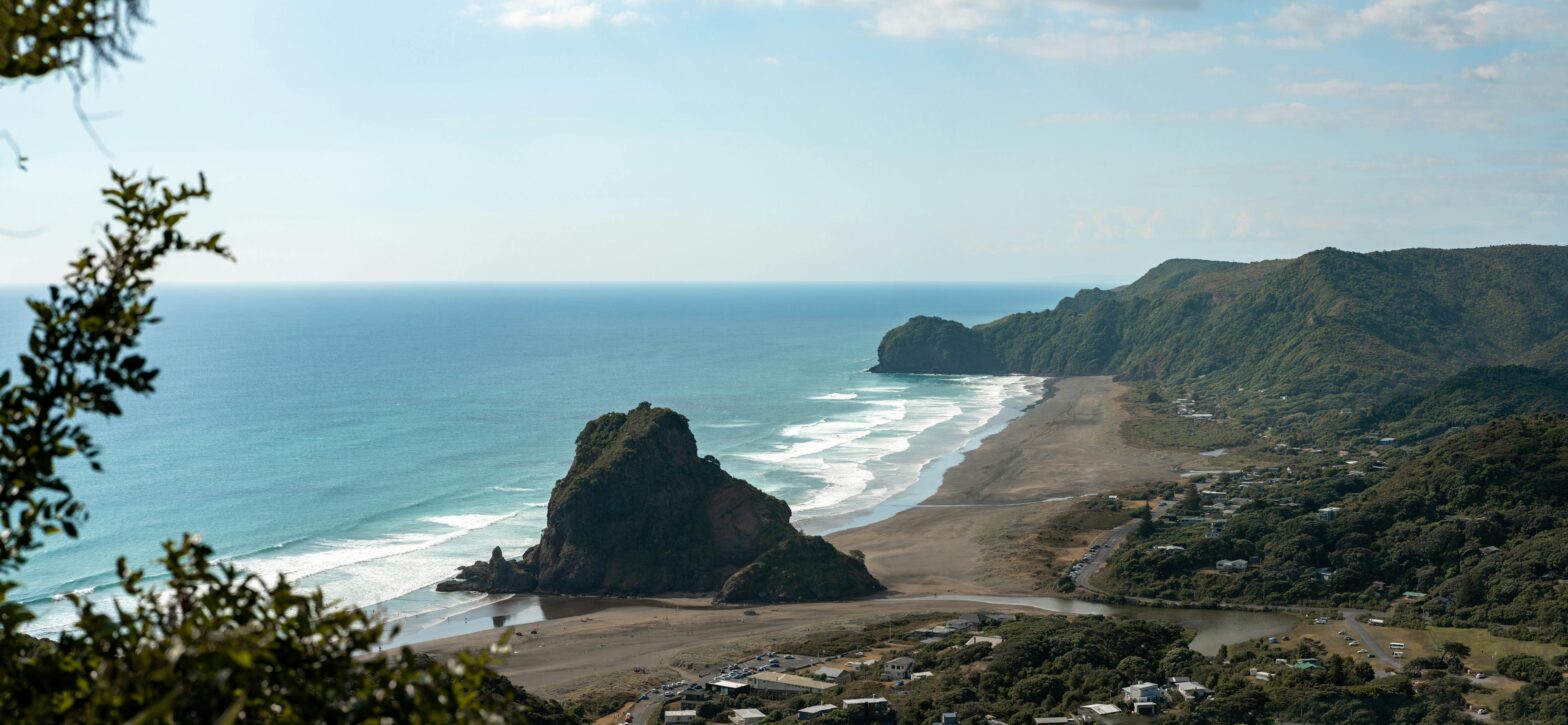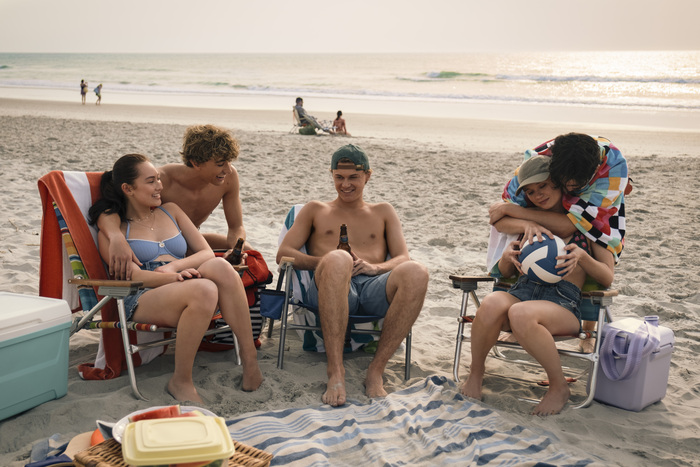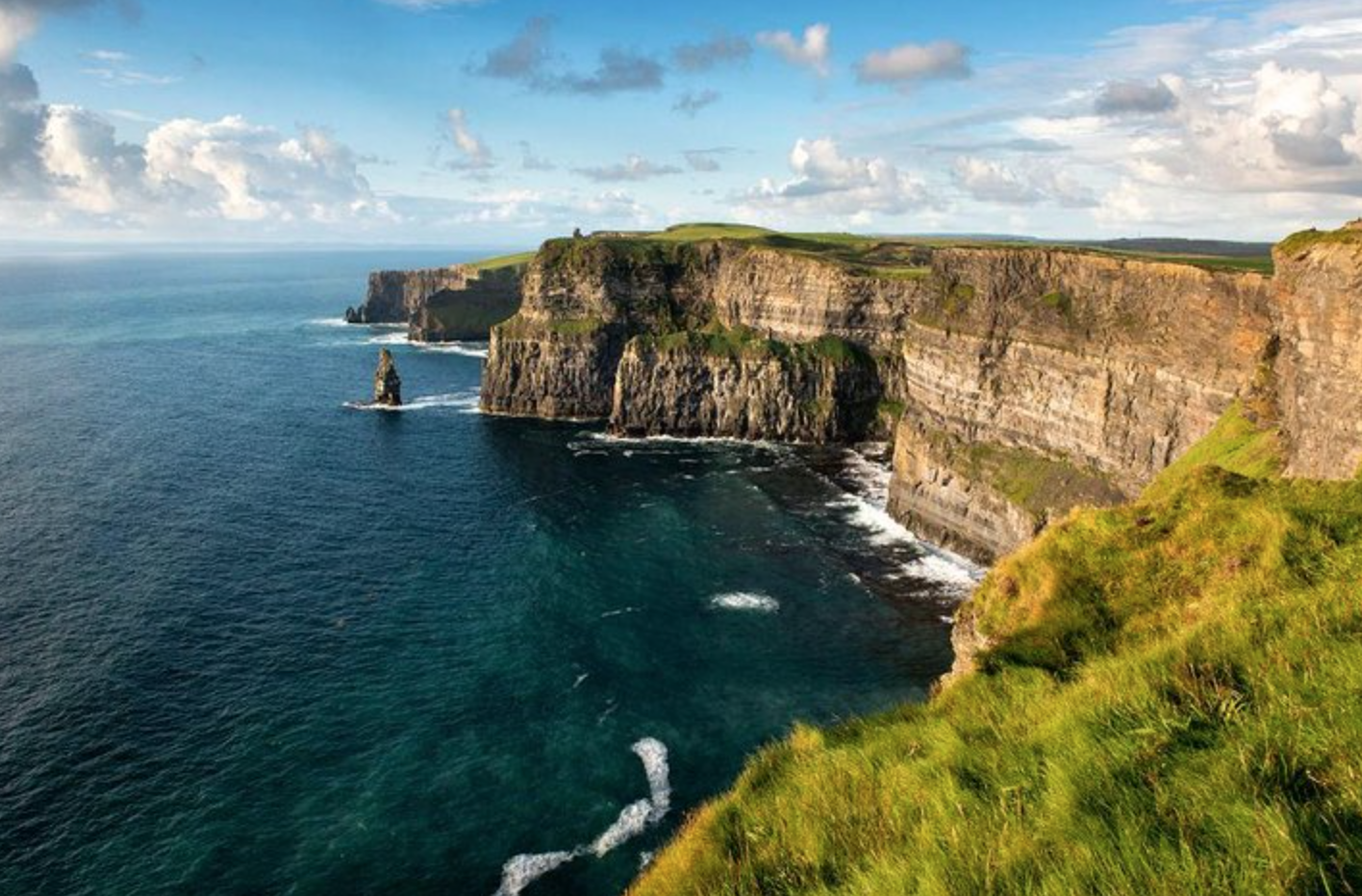If you ask older Caribbean people about The Mangrove restaurant in London, there’s a good chance they’ll get the reference, even though it no longer exists. The founder was Frank Crichlow, an immigrant from Trinidad, who opened the doors in 1968. The Mangrove was located on All Saints Row in Notting Hill, which now looks nothing like it used to due to gentrification. The same can be said for Brixton, another London district that was home to ‘The Windrush Generation.’
Crichlow was one of the Windrush immigrants who arrived between 1948 and 1971. After World War II, Britain experienced a labor shortage, and encouraged Caribbean immigrants to come. According to the BBC, before Crichlow opened The Mangrove, he was “low on money, unable to find work at the start, and fearful of white racist ‘Teddy Boy’ thugs.”
The restaurant went on to be a smashing success. It not only attracted locals, but A-list talent including Jimi Hendrix and Bob Marley. Beyond the tasty food, good drinks, and welcoming vibes, The Mangrove was a refuge for the Caribbean community, just as the Stonewall Inn was for LGBT+ people in New York.
That is, until it wasn’t, courtesy of the police.
Crichlow and his patrons faced scrutiny and harassment. Police tried to shut The Mangrove down, erroneously believing that it was a drug den. In December 1969, The Mangrove had its late-night license revoked by the local council. When Crichlow demanded an explanation, the authorities asserted that “people with criminal records, prostitutes and convicted persons” frequented his restaurant. That was also untrue, but the facts clearly didn’t matter.
In 1970, Crichlow noted the police cars parked in front of his business. The intent was intimidation, but racism was the driving force. To the police and some white residents, no Black business owner could achieve success without engaging in criminality. Exasperated, Crichlow appealed to the British Black Panthers’ anti-racism group, an offshoot of The Black Panther movement in the US. The ‘Action Committee for the Defense of The Mangrove’ and Caribbean immigrants also loaned their support.
Protests got underway. Demonstrators chanted. They held signs stating, ‘Black Unity Now,’ ‘Hands Off, Pigs’ and one protester held aloft a pig’s head. According to the BBC, “The Mangrove march snaked its way west and then north, across the Grand Union Canal and into residential streets north of Harrow Road.”
At that point, the spirited demonstration turned violent, resulting in the arrest of Crichlow and eight supporters, known as The Mangrove Nine. They were Darcus Howe, Rhodan Gordan, Althea Jones-Lacointe, Barbara Beese, Godfrey Miller, Rupert Glasgow Boyce, Anthony Carlisle Innis, and Rothwell Kentish.
In December 1971, they were acquitted of the charges at the Old Bailey. This did little to repair the tension between Caribbean immigrants and the police, but it was a blow against the establishment, for sure. Crichlow and his colleagues convinced a mostly white jury that the police “had stains of racism” and that “the trumped up allegations of the officers were without foundation.”
The story of The Mangrove Nine inspired a well-received film called ‘Mangrove’ in 2020, directed by British filmmaker Steve McQueen. It starred Shaun Parkes as Frank Crichlow and Letitia Wright as Altheia Jones-LeCointe, the leader of the British Black Panther party. You can see it on Amazon Prime.
The Mangrove restaurant closed permanently in 1992, though it would have been an important piece of history to preserve. There is a blue plaque where the restaurant once stood in memory of Crichlow, who died in 2010. Under his name it reads, “human rights campaigner, community organizer and restaurateur. Founded Mangrove Restaurant, co-founded Mangrove steel band and Mangrove community association here (1968 to 1992).”
The fight for Black liberation in Britain marches on today.
Related: How The UK Black Panthers Shaped Black British Culture
